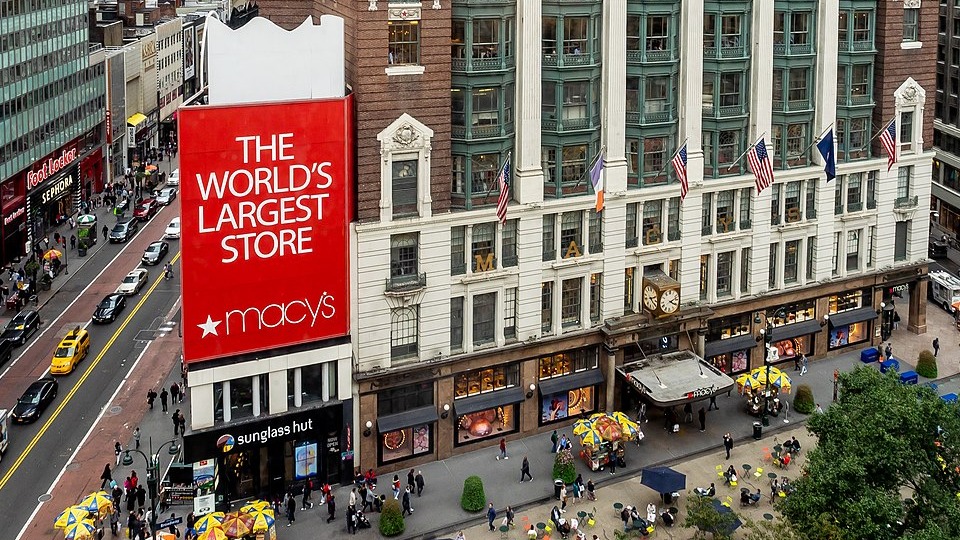Macy’s is closing approximately 150 “underproductive" stores throughout 2026 in a bid to return the company to enterprise growth.
Describing its plans as a “bold new chapter” in its history, the American department store said it would aim to challenge the status quo in its efforts to “fundamentally reposition” the company.
The retailer is also planning to update its product assortment to improve relevance and value and modernise its stores.
The company said that accelerating luxury growth by expanding its store network and digital presence would see it take advantage of its leadership position in the market, adding that Bloomingdale’s and Bluemercury had been outperformers within its portfolio and across the broader luxury landscape.
Additionally, Macy’s is opening 15 Bloomingdale’s nameplate stores and at least 30 new Bluemercury stores.
It also revealed plans to remodel around 30 Bluemercury stores in new and existing markets over the next three years.
Under plans to simplify and modernise its end-to-end operations, Macy’s plans to “rationalise and monetise" its supply chain asset portfolio, streamline fulfilment, improve inventory planning and allocation, and deliver a scalable technology platform over the next three years.
As the changes get underway, the company said it anticipates achieving low-single-digit annual comparable owned, licenced and marketplace sales growth; annual Adjusted EBITDA dollar growth in the mid-single-digit range; and a return of free cash flow to pre-pandemic levels beginning in 2025.
“We are making the necessary moves to reinvigorate relationships with our customers through improved shopping experiences, relevant assortments and compelling value,” said Tony Spring, chief executive officer at Macy’s. “Our teams are energised by the work ahead as we accelerate our path to market share gains, sustainable, profitable growth and value creation for our shareholders.”
Latest News
-
Four people arrested for cyberattacks on M&S, Co-op and Harrods
-
Scotta boosts inventory capabilities with AI
-
EG Group appoints new group CFO
-
Lidl trials 'VAR-style' self-service checkouts to combat shoplifting
-
Ahold Delhaize appoints new CTO
-
Coop Norway rolls out 128 digital screens across its stores
Supermicro and NVIDIA’s AI Solution for Retailers
To find out more: click here
Poundland significantly reduces antisocial behaviour, aggression and shoplifting with Motorola Solutions VT100 body cameras
Retail should not be a high-risk occupation. As a company, we are focused on listening to our colleagues and customers to help them with the issues they are facing in-store and so far, the feedback on our body cameras has been excellent. They act as a great visual deterrent, help to de-escalate situations and overall, this project has significantly aided our goal to make the retail environment safer.
For further information on Motorola Solutions’ retail security products, including body cameras, click here.
For further information on Motorola Solutions’ retail security products, including body cameras, click here.
© 2024 Perspective Publishing Privacy & Cookies


.png)







Recent Stories